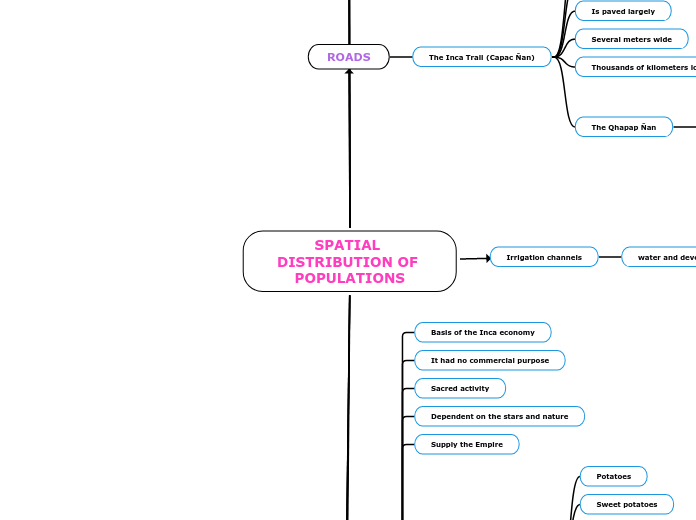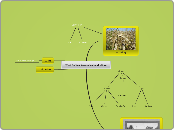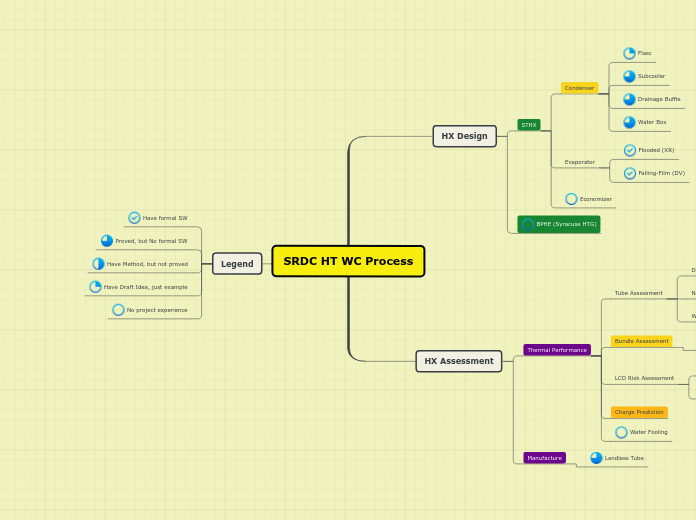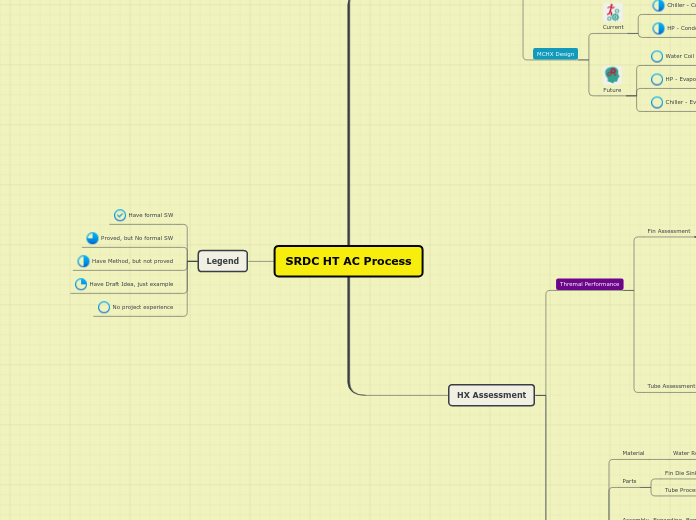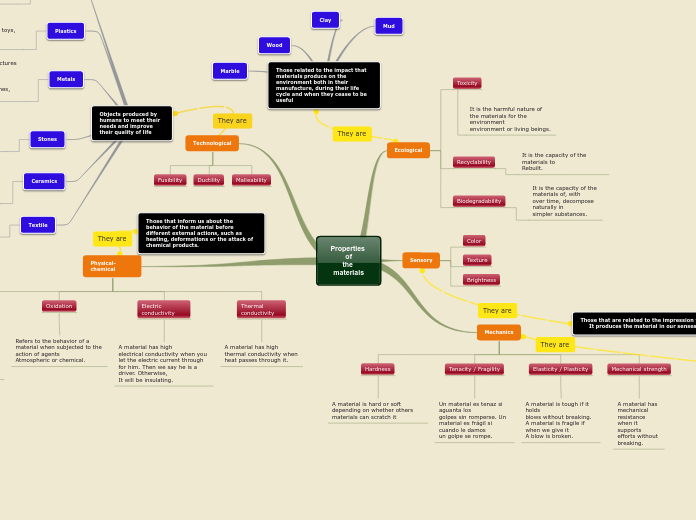SPATIAL DISTRIBUTION OF POPULATIONS
TEXTILES
Elements
Camelid skins
Dyeing
Yarn
Fiber
Designs
Dark background
Design of light color
Symmetrically
Square
Rectangular
The chacana
symbolizes the four “suyos”
Express the thought
MANUFACTURE
Pottery
Massive production
Fused local styles
Form
Triangles
Circles
Bars
Geometric
Colors
Red
Black
White
Orange
Purple
Metallurgy and goldsmith
Dedication of the incas
Riparian mining
Gold
Ceremonial use
No monetary value
Was property of the gods
Farming
The techniques
They fertilizers
Use the plow
They built canals
To water
They built terraces
Cultivated about 70 species
Quinoa
Coca
Peanut
Tomato
Cotton
Chili
Corn
Sweet potatoes
Potatoes
Supply the Empire
Dependent on the stars and nature
Sacred activity
It had no commercial purpose
Basis of the Inca economy
Irrigation channels
water and development
Channeling of rivers
In order to prevent floods,
Aqueducts
They carried water to the stone fountains
Dams
Storing rainwater
ROADS
The Inca Trail (Capac Ñan)
The Qhapap Ñan
30,000 km
Purpose
defense
Transport
Comertial
Thousands of kilometers long
Several meters wide
Is paved largely
Path a zigzag shape
They built a stone base
BRIDGES
Floating bridges
Oroya
Of stones
Of logs
Pendants
ENGINEERING
The diversity
Development various technologies
Result
Machupichu
Most advanced culture from pre-Columbian South America
LAND DISTRIBUTION
The lands of the town
they distributed
women farmers
farmer men
Intended for the ayllus
Lands of the Inca or of the State
Provided food to
The peoples
That they lost their crops.
The armies in the field
The servants
The officials
The nobility
His familY
The Lands of the Sun
Produce food
Offerings to the gods
The Inca Empire
Their lands are divided into
The town
The state
The sun
Was
Paternalistic
Monarchical
AYLLUS
Conformed Imperial council
The Inca
Four Suyoyuc Apu
In great quantity they were
A sector
A saya
Governed by
Suyoyuc Apu
The core of the Inca Empire
Was made up for four yours
Territorial social
Territorial structure
